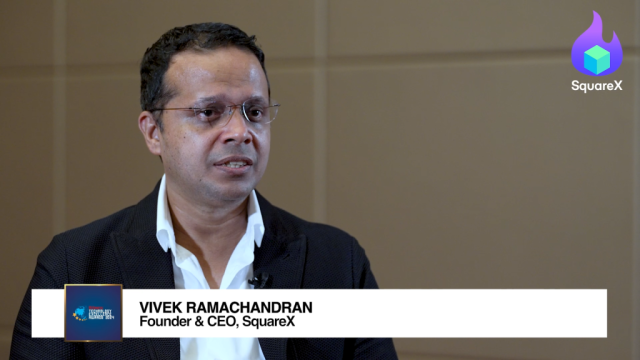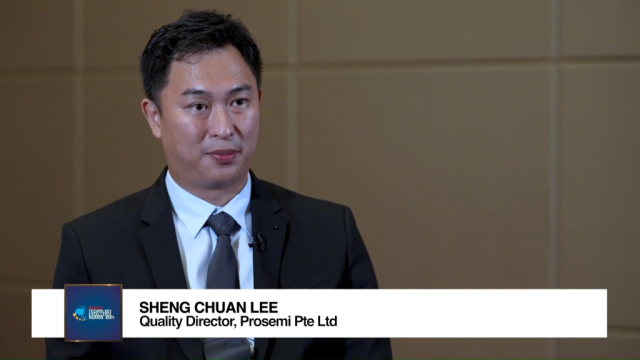How Singapore can deal with a multi-generational workforce
By Mark DixonMuch has been said and written about ageing populations, a problem that is most acute in Japan, where over-65s currently account for 25 per cent of the population, and may account for 40 per cent by the year 2060.
At the other extreme, meanwhile, there is the equally pressing problem of countries like Spain, where 55 per cent of young people are currently out of work.
So what can we do to accommodate the older workers who might once have been considered past retiring age, while simultaneously offering opportunities to school leavers or graduates who might otherwise drift towards the margins of society?
Let’s start at the senior end. At board level, for instance, experience matters above all. You want people who can make judgements based on first-hand knowledge, people who have witnessed failure as well as success, and understand the reasons for each. They are best placed to guide the executive team away from the bear traps and towards the most productive avenues of business.
Older people have other advantages, too. The Japanese construction equipment maker Komatsu now claims to rehire 90 per cent of its retirees – and no wonder, because those same people are prepared to work for 40 per cent less than their under-65 equivalents!
Despite all these factors favouring older workers, there is still a widespread prejudice against them – as many over-50s have discovered, especially in recession-hit economies.
In the United States, charges filed under the Age Discrimination in Employment Act rose by 48 per cent between 1997 and 2010. But this is an area where the law is not always helpful. After all, by paying its over-65s 40 per cent less for the same work, Komatsu is surely guilty of discrimination – even if all parties concerned are happy with the arrangement.
The answer is common sense and flexibility. And the same applies at the other end of the age spectrum.
Only the most short-sighted of employers fail to recognise the value of young people in the workplace. Not only are they usually energetic and keen to learn; they are also much more adept at using IT and social media, which create new markets and business opportunities every day.
Yet the International Labour Organisation (ILO) has warned of a "scarred" generation of young workers either jobless or obliged to work for unduly low wages who may come to distrust the political and economic system.
Many African economies, for instance, are facing exactly the opposite problems to Japan, with growing economies, but young people shut out of the labour market. The World Bank estimates that Africa will need to create 100 million more jobs by 2020 just to maintain current levels of employment.
One thing that business people can do is encourage young people to become entrepreneurs. That’s why last year my own company Regus contributed £20m towards the UK government’s Start-up Loans Scheme. That’s why all over the world, Regus offers an ever expanding range of flexible work products and services, such as drop-in business lounges and virtual offices that start-up businesses need.
It can be an uphill struggle, when there are precious few jobs on offer, and would-be entrepreneurs are frustrated by inadequate training or education, insufficient access to finance, or the absence of any enterprise culture. This is when employers should do everything they can to level the playing field. Why, for instance, insist on evidence of work experience, or references, when you might set a test specific to the job in question so that every young applicant has an equal chance?
At Regus, we tend to hire a lot of young people, not least because the nature of the jobs we offer in sales, customer service and management of our business centres places as much of a premium on energy and inspiration as we do on experience.
So how do you attract the best of all the generations? You must be prepared to offer different things to different people.
Young people are not tied to the working and commuting routines of previous generations; they want flexibility, so that they can work from home, or on the move. But many of the over-65s want a different kind of flexibility. They want to keep working, but on their terms – maybe shorter hours, maybe not five days a week. And it’s not just in Japan that companies are rising to that challenge.
I was delighted to read in the Financial Times about three companies setting a great example: first, BMW redesigning a production line so that tools, chairs and flooring suited older staff – proving as productive as the rest of the plant, but with lower absence rates; then McDonalds in the UK finding customer satisfaction rising 20% in restaurants employing over-60s; and finally, Vita Needle, a family-owned steel tubing company relying on part-time staff with an average age of 74!
What more proof do you need? For any sensible employer, age is irrelevant. All that matters is that you choose people with the right qualities for the job in question. That means being flexible in many different ways, and looking to recruit from the fullest possible range of ages.

























 Advertise
Advertise









